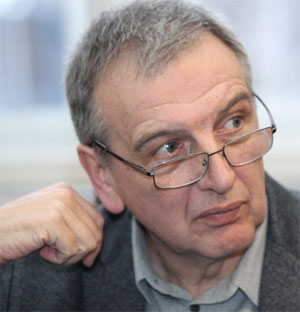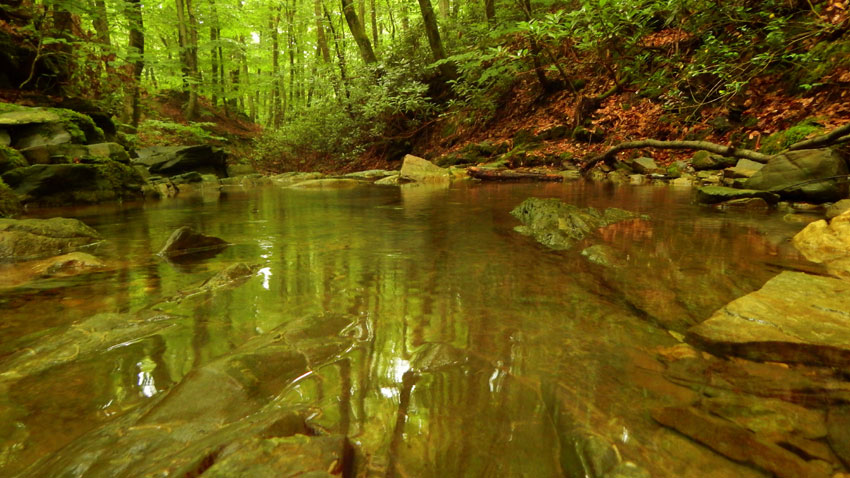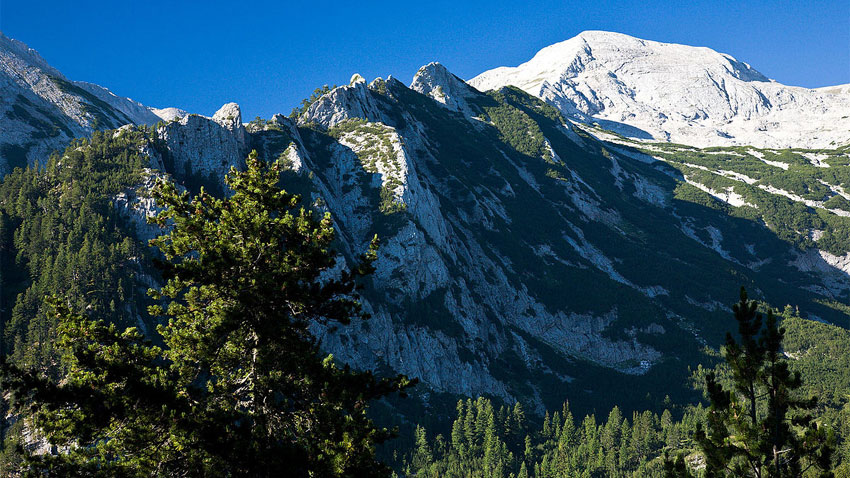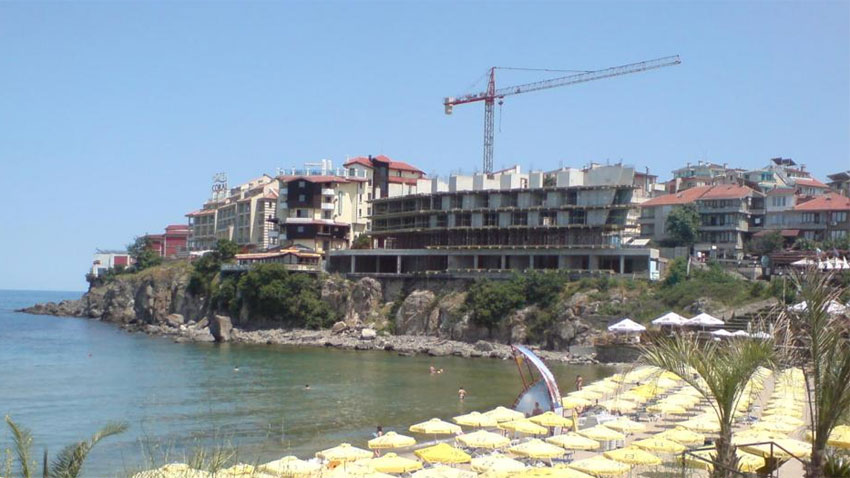Bulgaria is one of the few European countries that can show off not only beautiful scenery but also rare animal and plant species that have long vanished in other parts of the Old Continent. Because of its geographical location, Bulgaria has been under the influence of several different zoogeographic regions. One is Central Europe, another is the Mediterranean, the third one is the steppe region that borders this country from the northeast. Many species of the plant and animal world that are characteristic of all these different bio geographical regions are present in Bulgaria. That's why biodiversity in this country is extremely rich and when it comes to biodiversity wealth, Bulgaria can only be compared to neighboring countries, which are also under the bio geographical influences of various bio-geographical regions.
 When it comes to the policy of preserving this diversity, Professor Boyko Georgiev from the Institute of Biological Diversity and Ecosystem Research of the Bulgarian Academy of Sciences told us:
When it comes to the policy of preserving this diversity, Professor Boyko Georgiev from the Institute of Biological Diversity and Ecosystem Research of the Bulgarian Academy of Sciences told us:
“We have old traditions in our scientific community related to the preservation of nature in this country. After the First World War, a group of academicians created the first union for the preservation Bulgarian nature in 1929, which continued to exist until 1948. This organization started the first initiatives to create reserves and protected areas in Bulgaria. Among them are Silkosia in Strandzha - the first Bulgarian reserve created in 1933. and a year later "Bayuvi Dupki - Djindjiritsa" in Pirin. In 1934 the first National Park on the Balkans was designated –Vitosha Mountain. Thanks to Bulgaria’s academic community, the whole scientific justification for establishing the network of protected areas in Bulgaria, which currently includes three national parks, 12 nature parks, 90 reserves and several hundred protected areas and natural landmarks, has been created. The Red Book of Bulgaria so far has two editions. We have helped to harmonize Bulgarian legislation with the European legislation as well as to build the National Ecological Network Natura 2000.”

Despite the legislative framework, which, according to Prof. Georgiev, fully complies with the European one and the good legislation, there are still issues to be addressed. We are witnessing how natural wealth gradually vanishes under the pressure of investors. Little by little, beautiful natural landmarks disappear to become concrete resorts with nice views... And instead of blending with nature these resorts mostly distort the landscape to unrecognizable levels. This has already happened with the picturesque resort town of Bansko at the foot of Pirin Mountain. On the Black Sea coast there are almost no pristine beaches left. However, this country still has rich biodiversity and preserved ecosystems, but for how long?

“There are good examples of nature protection,” Prof. Boyko Georgiev says. “In general, there is a process aimed at adopting the EU-wide norms of nature preservation, the Natura 2000 network, preservation of species. Although at times there is a deviation from this process, the trend can be seen as positive. Of course, this is not an issue that affects only the administration or the scientific community alone. It is important for the whole civil society. We can hear different opinions about the issues. That is why I think the discussion that is taking place between institutions and environmentalists is something needed and it will ultimately lead to establishing the proper attitude of Bulgarian people to their natural heritage."

English: Alexander Markov
Photos: wikipedia.org and BGNESBulgaria’s successes at international science Olympiads in 2024 can be seen in an exposition entitled “Fantastic minds”. Inaugurated to mark Awakeners” (Enlighteners”) Day, 1 November on Lovers’ Bridge near the National Palace of Culture in Sofia,..
Leading researchers and lecturers from the St. Kliment Ohridski University in Sofia and the Institute of Astronomy and National Astronomical Observatory of the Bulgarian Academy of Sciences will be paying a visit to the Museum of Natural History in..
The village of Oryahovitsa, Stara Zagora region, today celebrates its symbol - the walnut tree. There will be a Festival of the Walnut with a varied programme featuring the Kazanlahsko Nastroenie (Kazanlak Cheer) Orchestra, the soloist of..
The Varna Regional Library "Pencho Slaveykov" has acquired a humanoid robot. It was unveiled by the library's director, Radka Kalcheva, during the..

+359 2 9336 661
